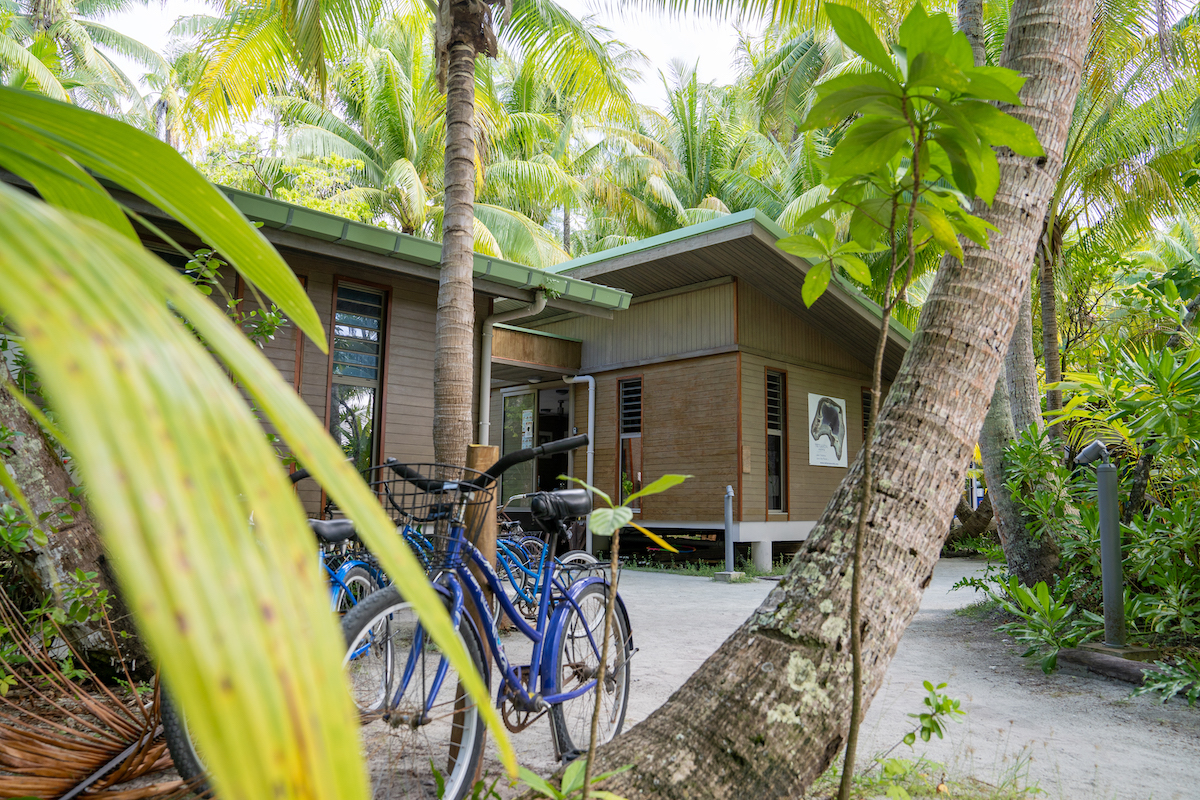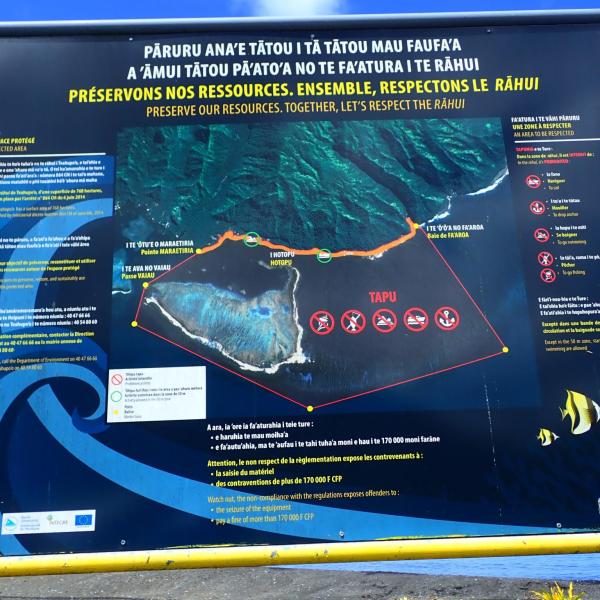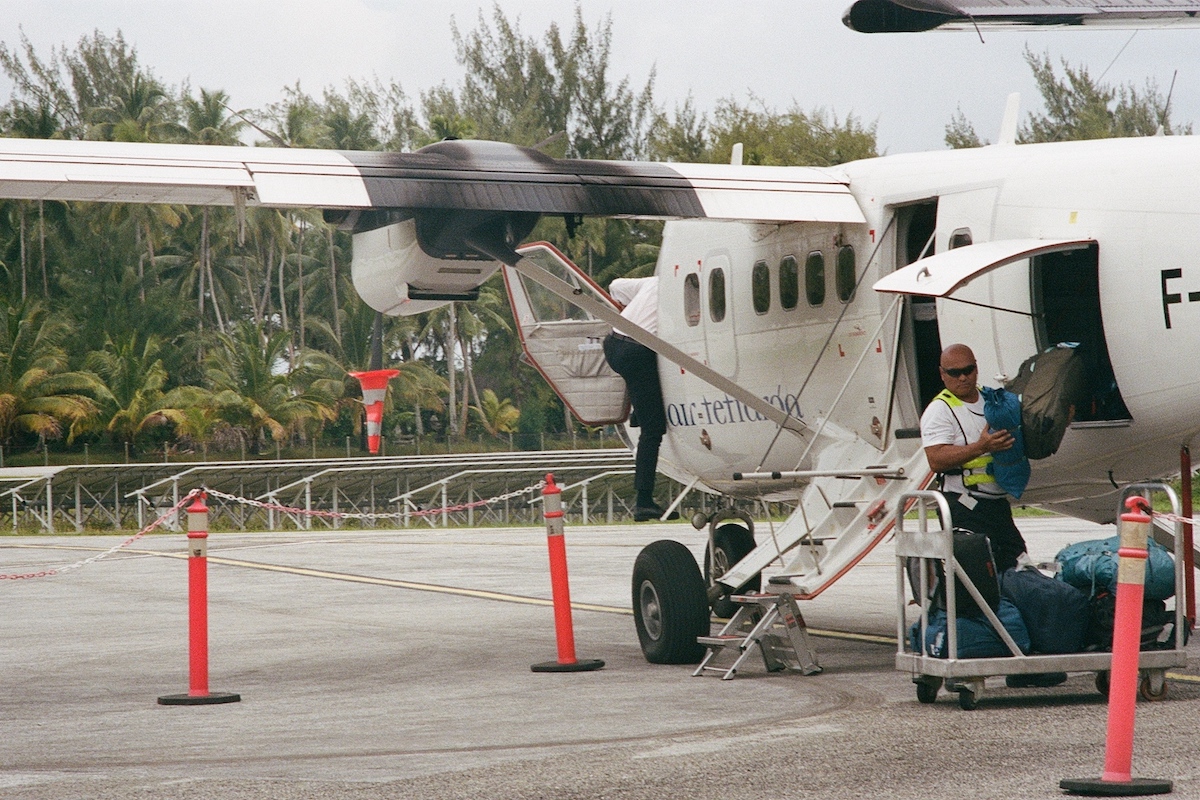
Data Science, Communication, and Professionalism - ESPM 109E
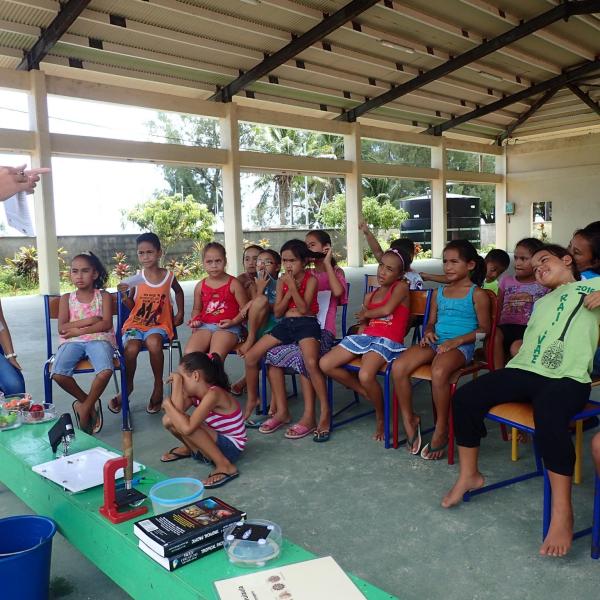
Data Science, Communication, and Professionalism (ESPM 109E, 3 Units) will teach students effective oral and written reporting to different communities, and how to structure and organize research programs through a combination of opportunistic guest lectures by experts in the area and excursions. This will engage students in discussions around the role of science in society, its interactions with local and traditional knowledge and the impacts of data and technology, with consideration of ethical, legal and social issues. Students will also learn about Data Science for environmental sustainability through the case study of the Island Digital Ecosystem Avatar (IDEA) Consortium. Students will carry out a project to create a proposal related to sustainable management. Projects must demonstrate incorporation of what has been learned throughout the program as well as data science and scenario-based planning techniques.
Read the article 'FAIR Island Experiments with Connecting Project Resources in DataCite'
